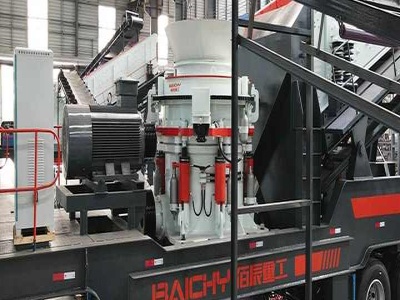What are recycled and secondary aggregates ...
Recycled aggregates come from reprocessing materials that have previously been used in construction. There are two methods of producing recycled aggregate: at the site of the source the benefits of this include saving on transport costs and the environmental benefits of .















































